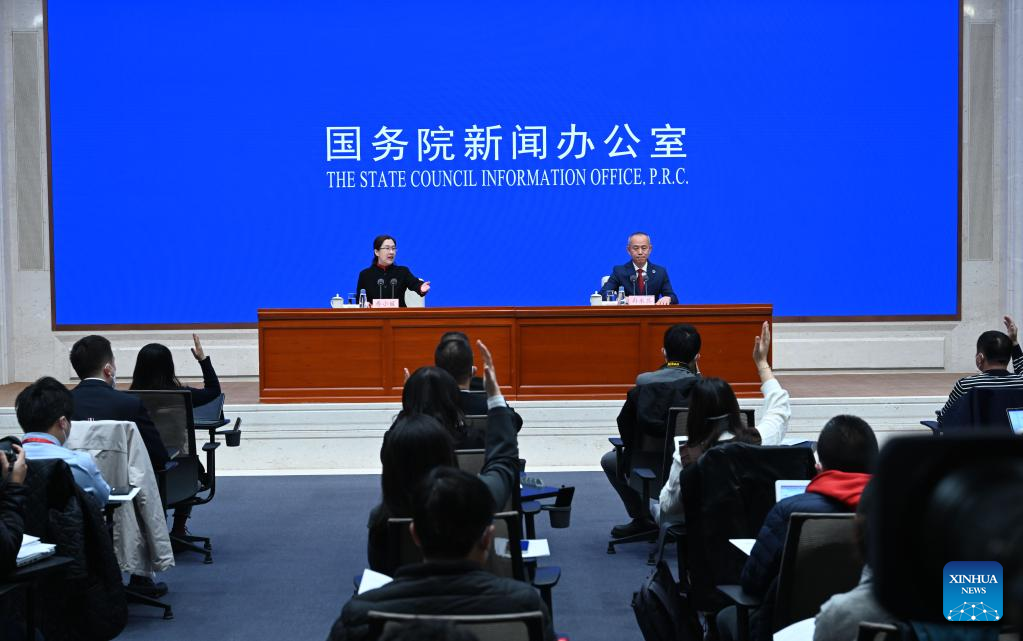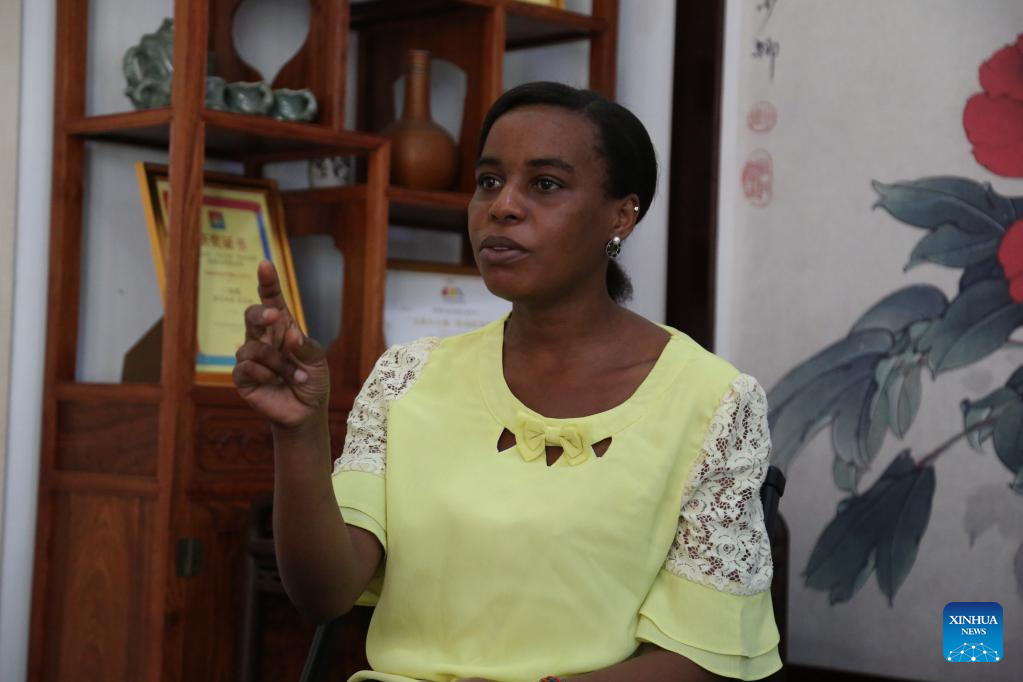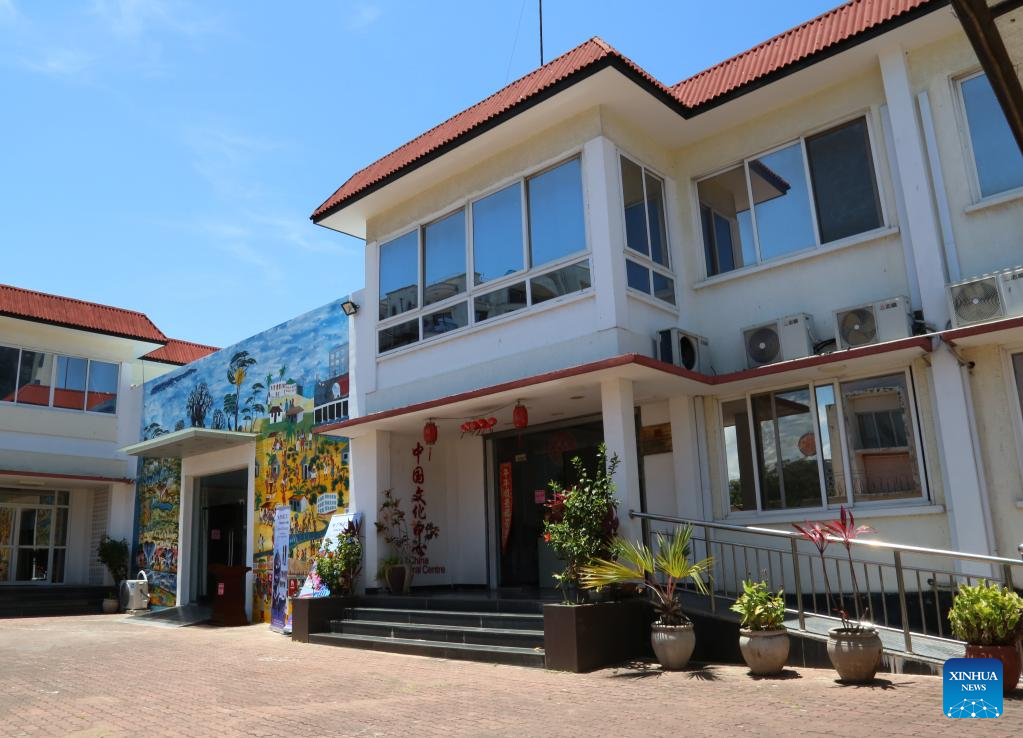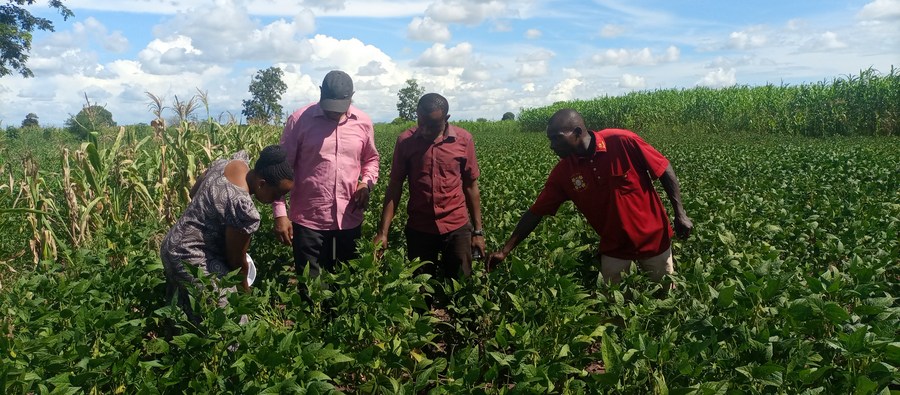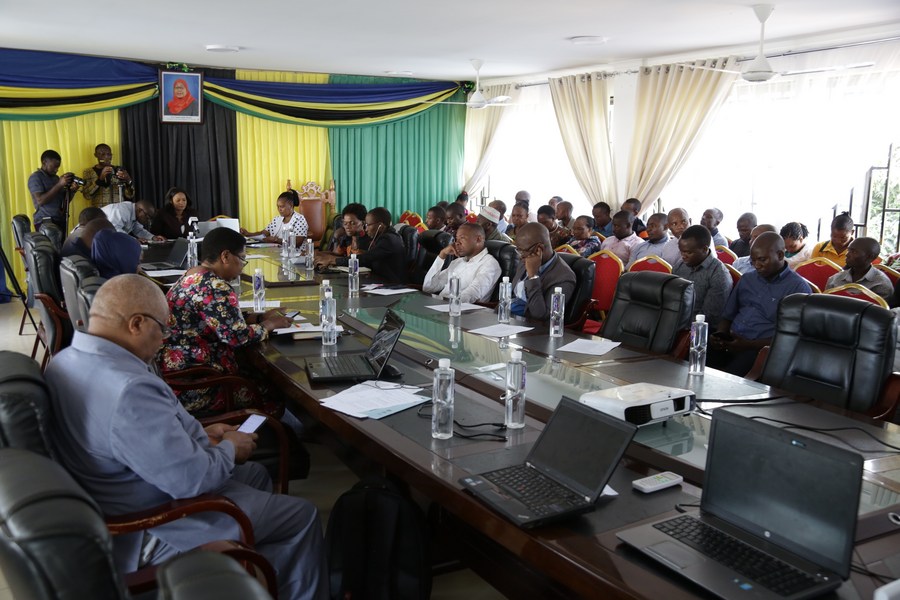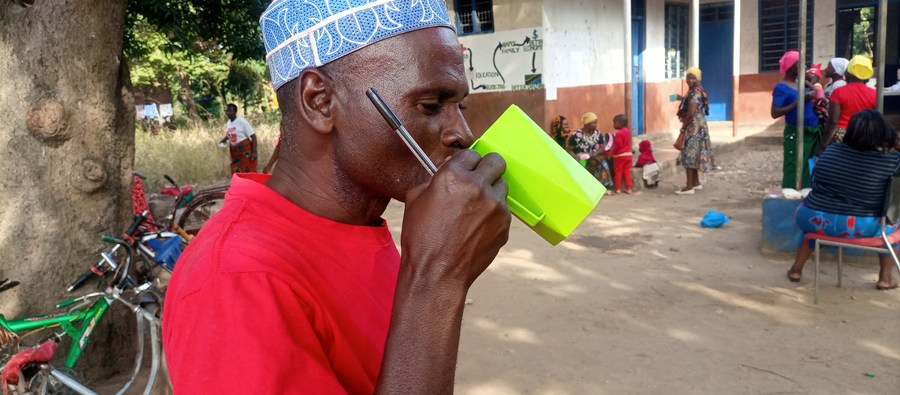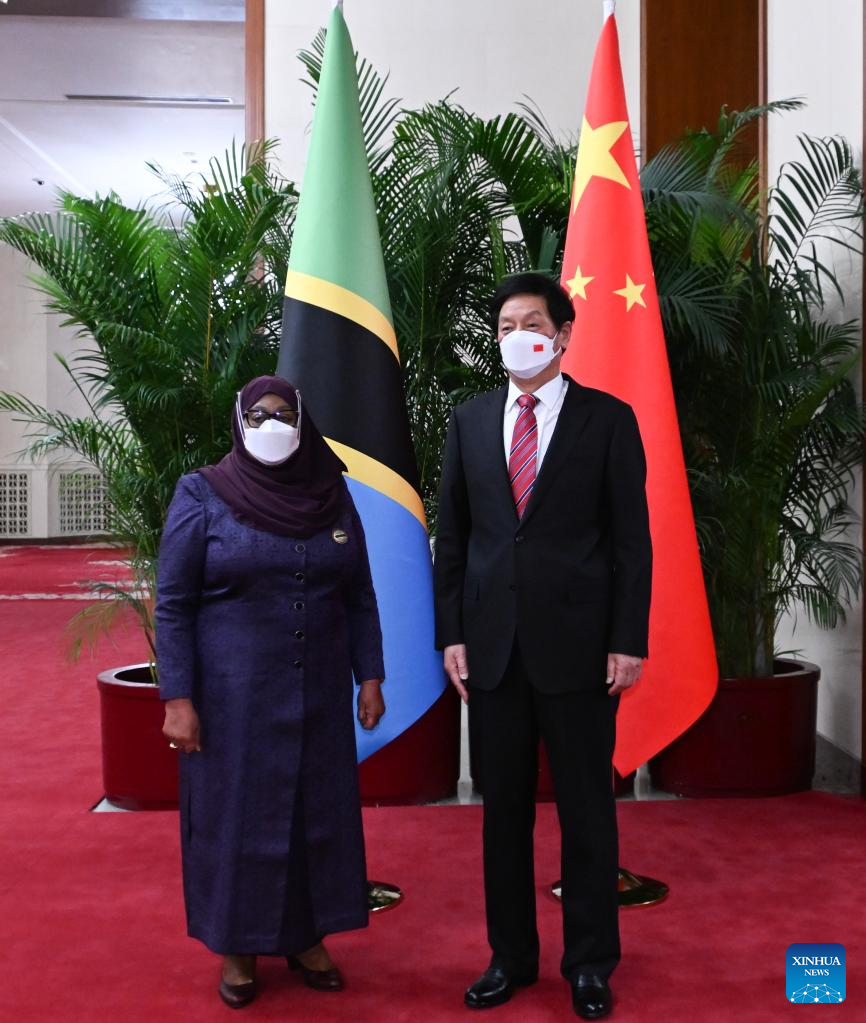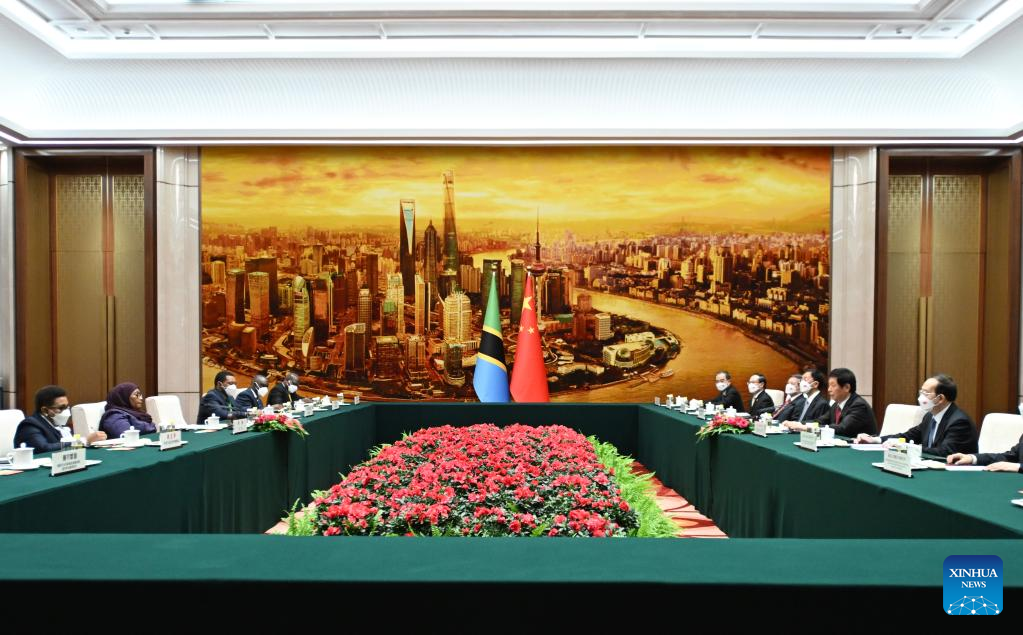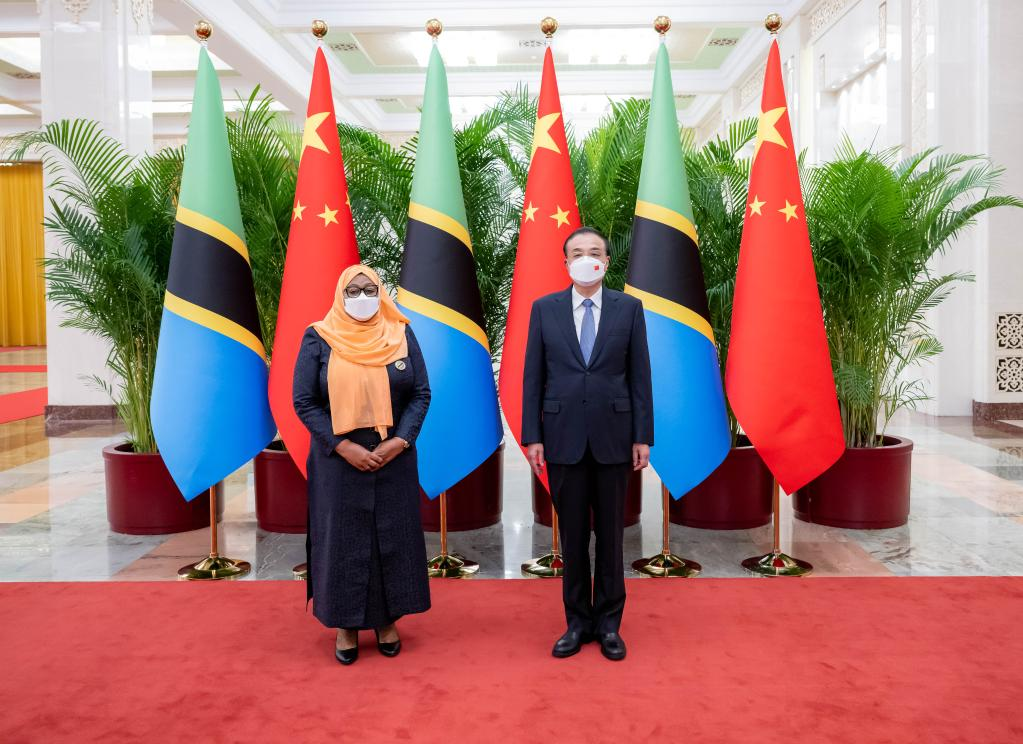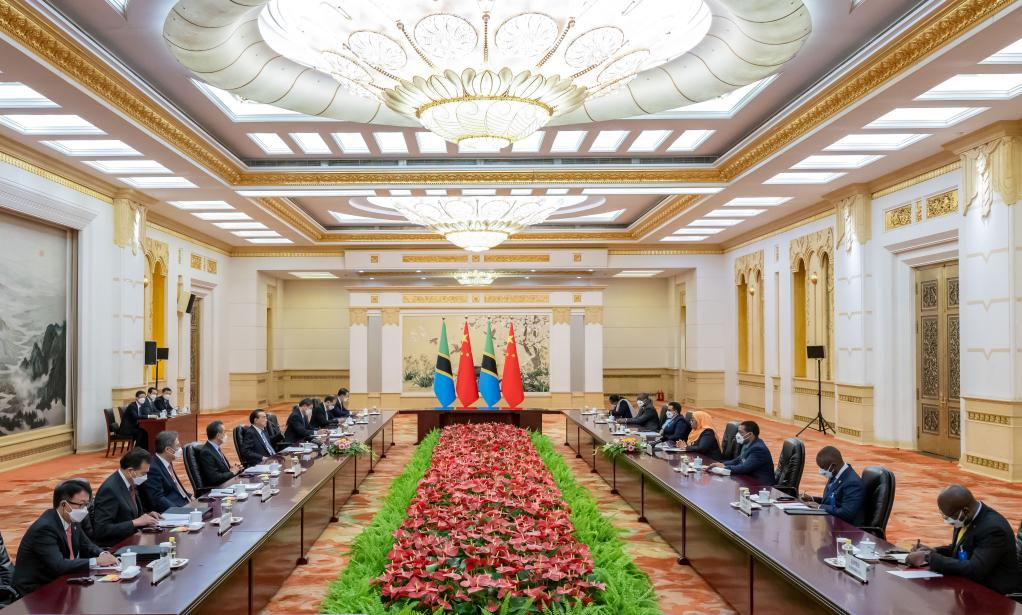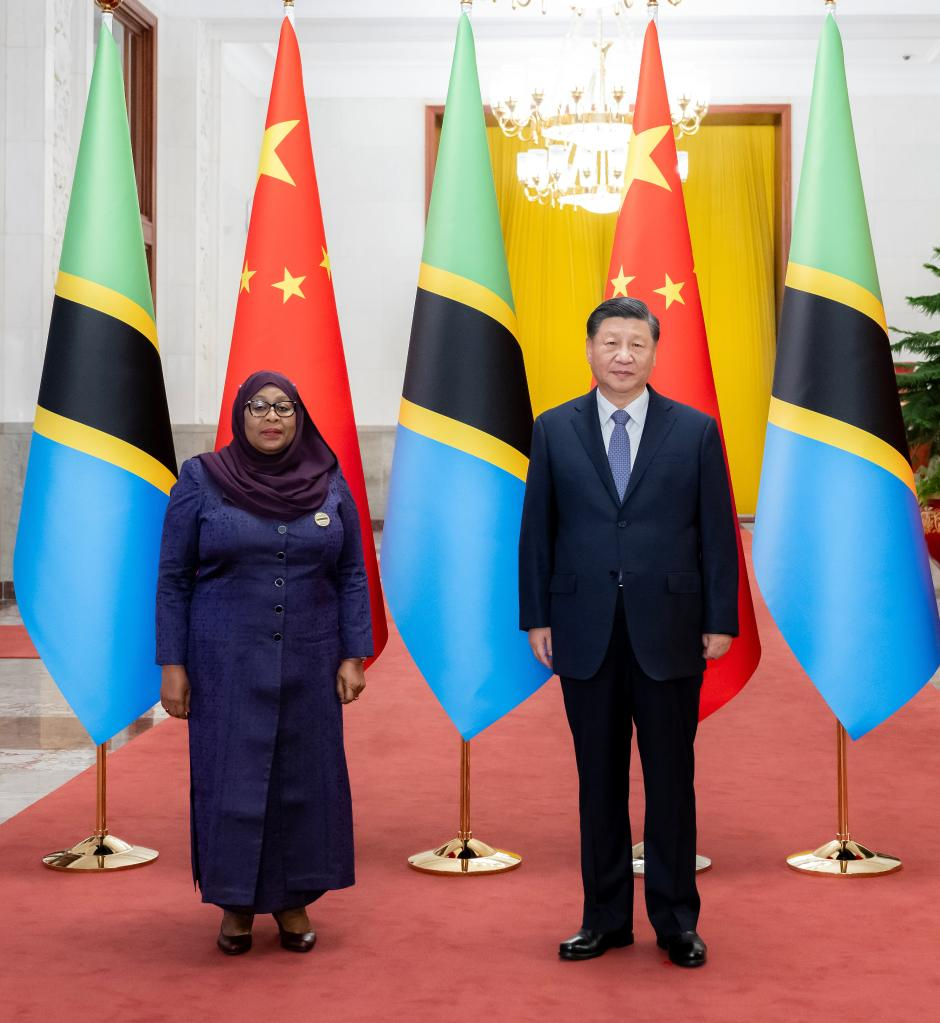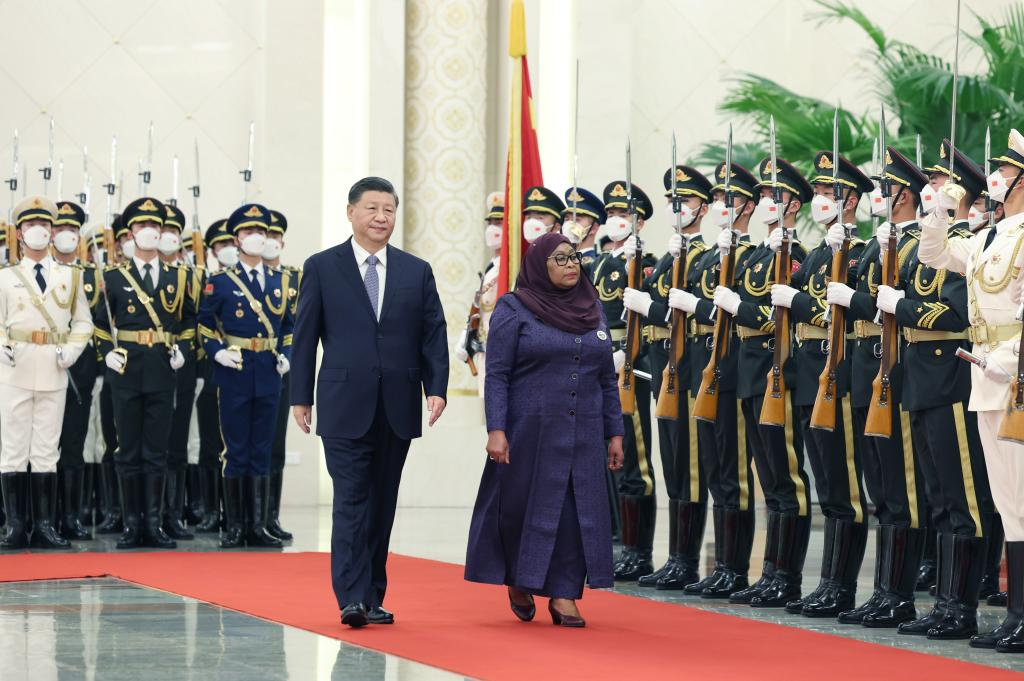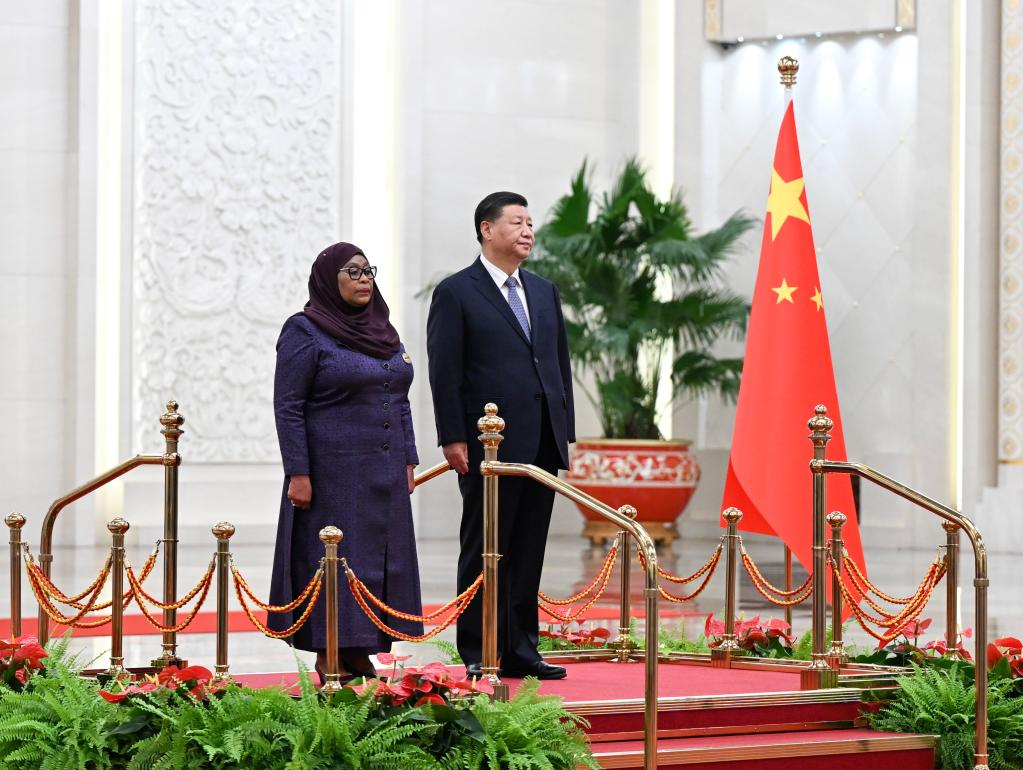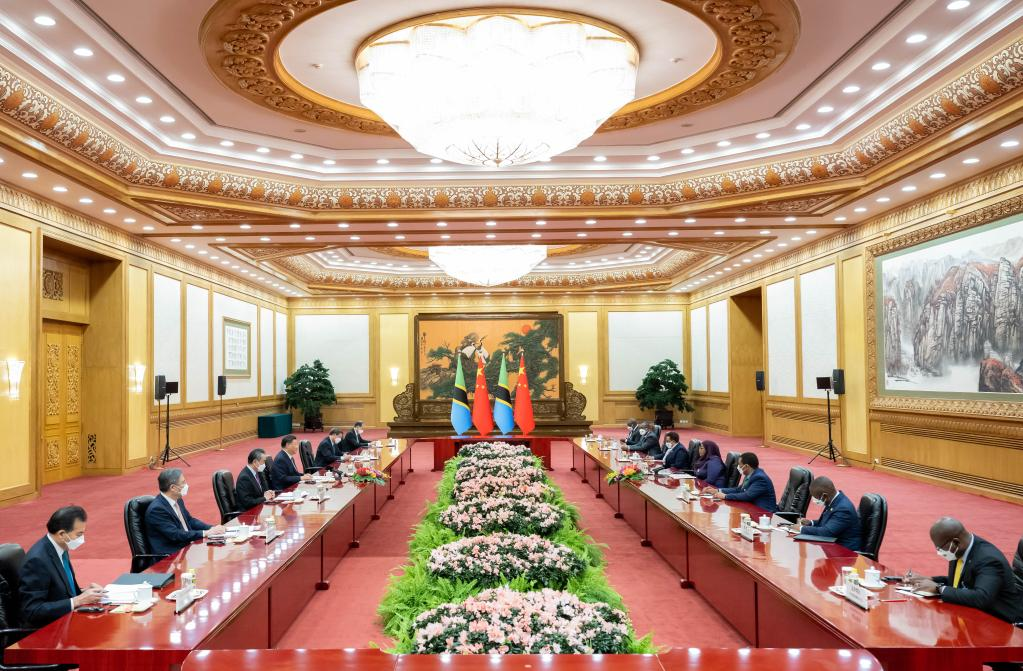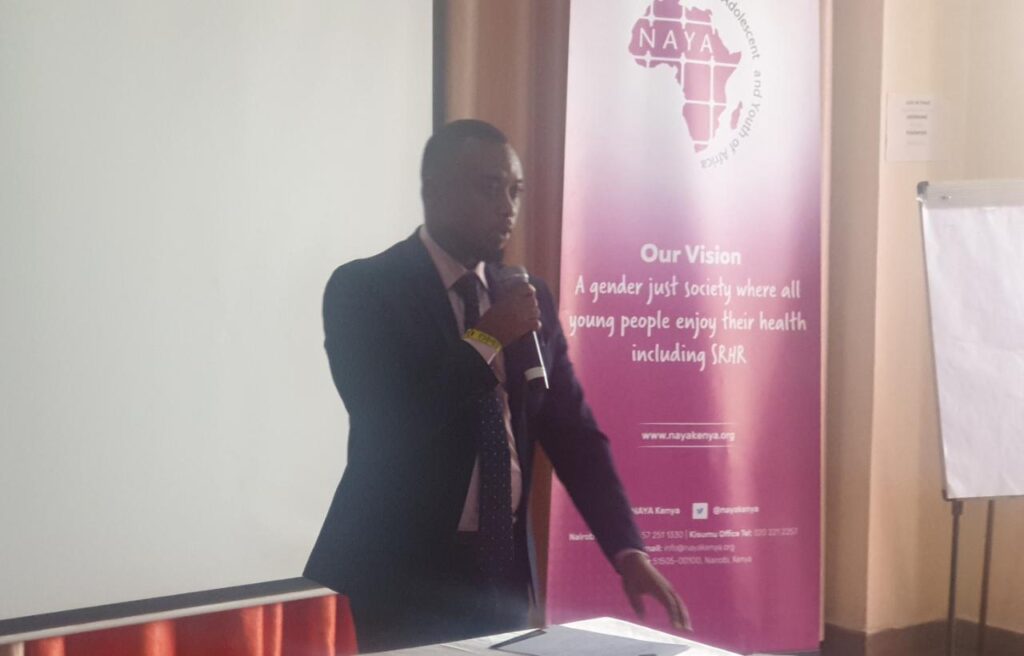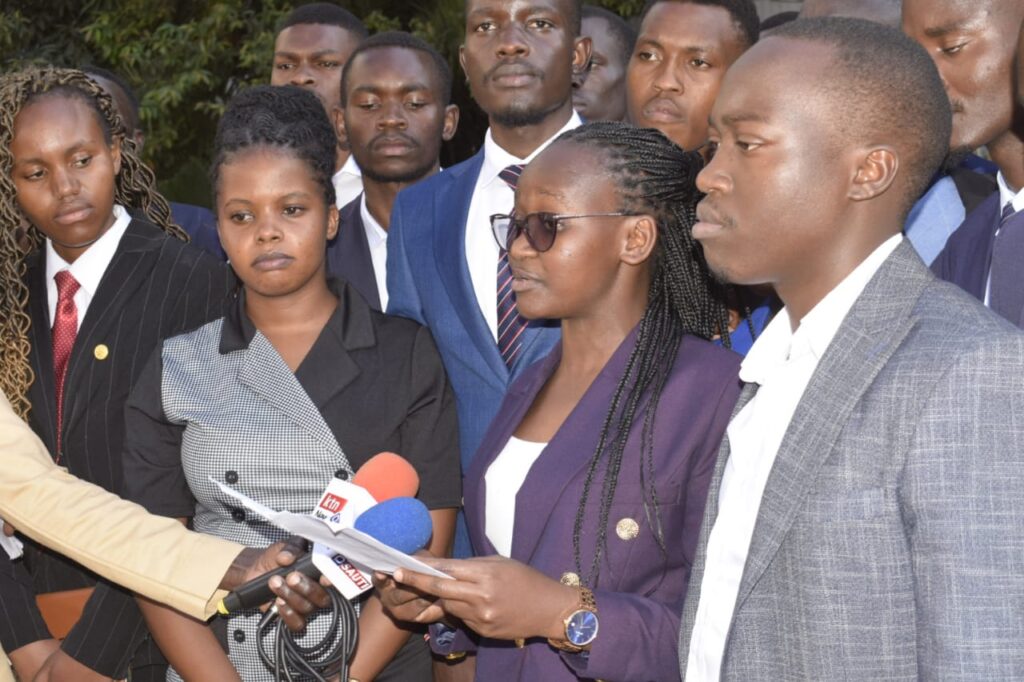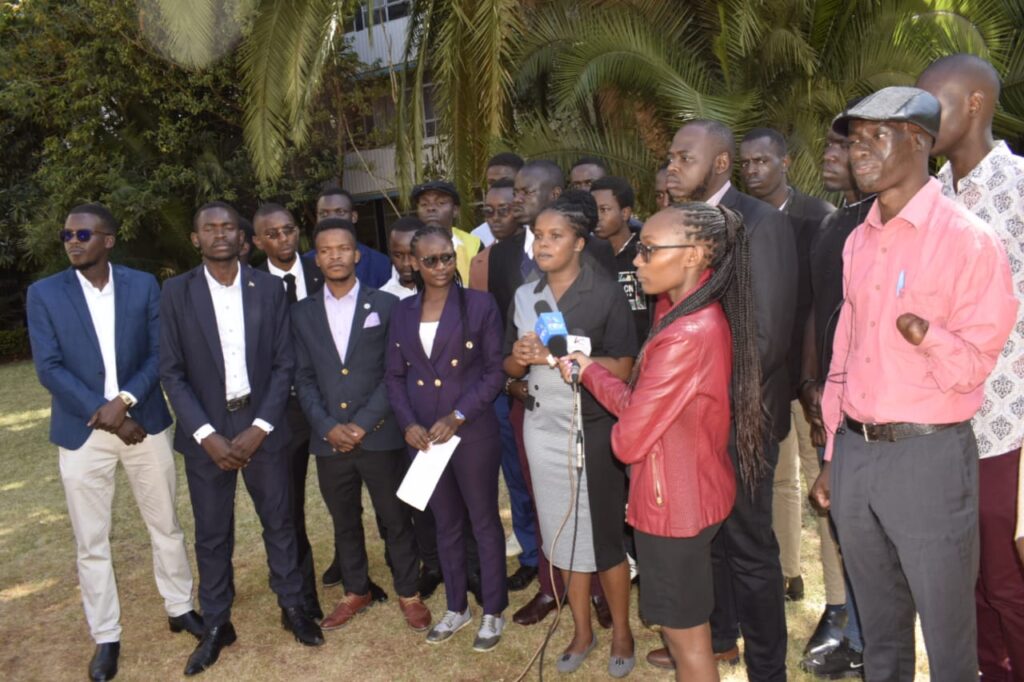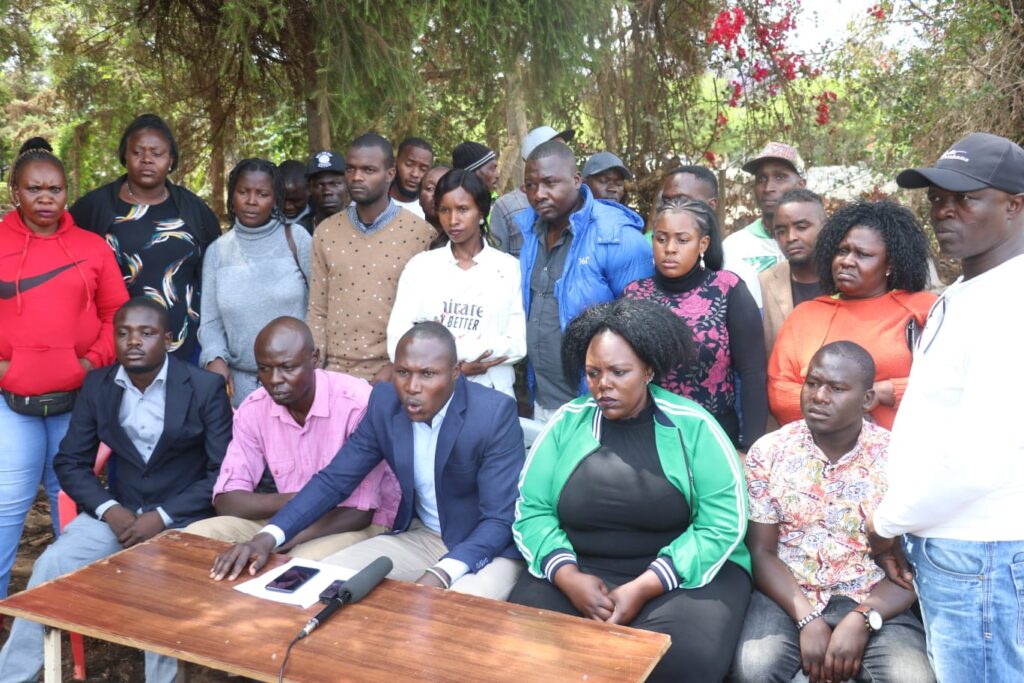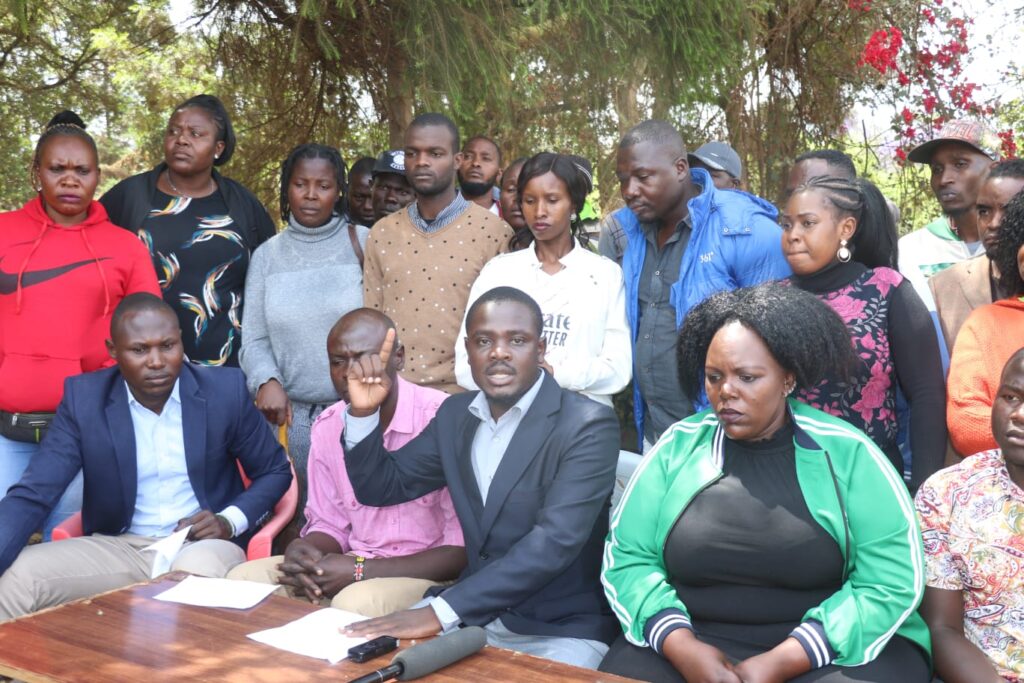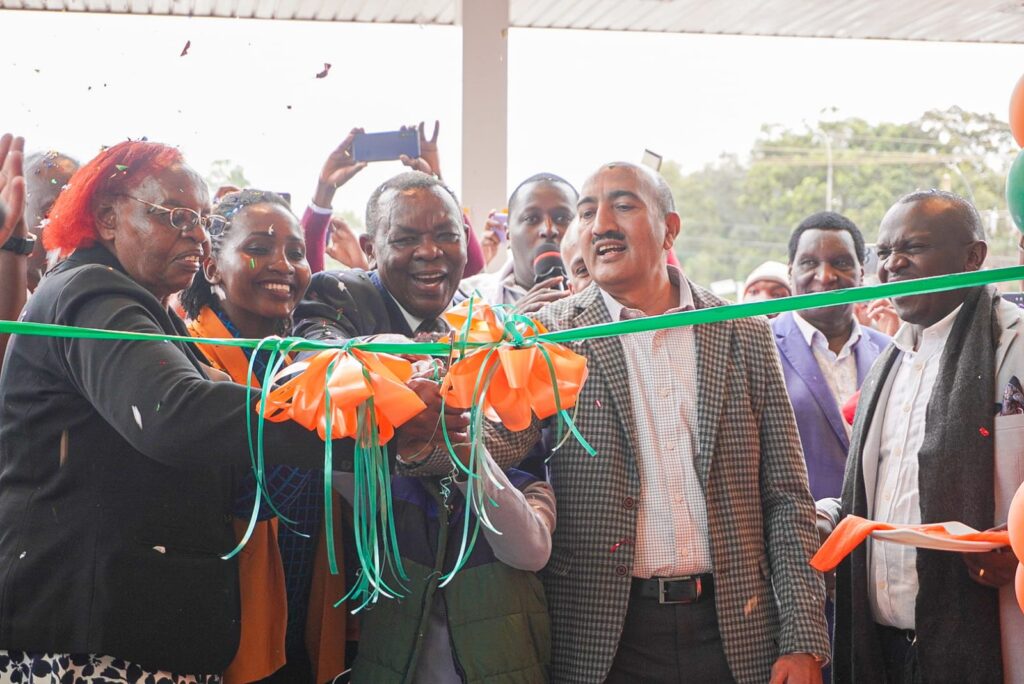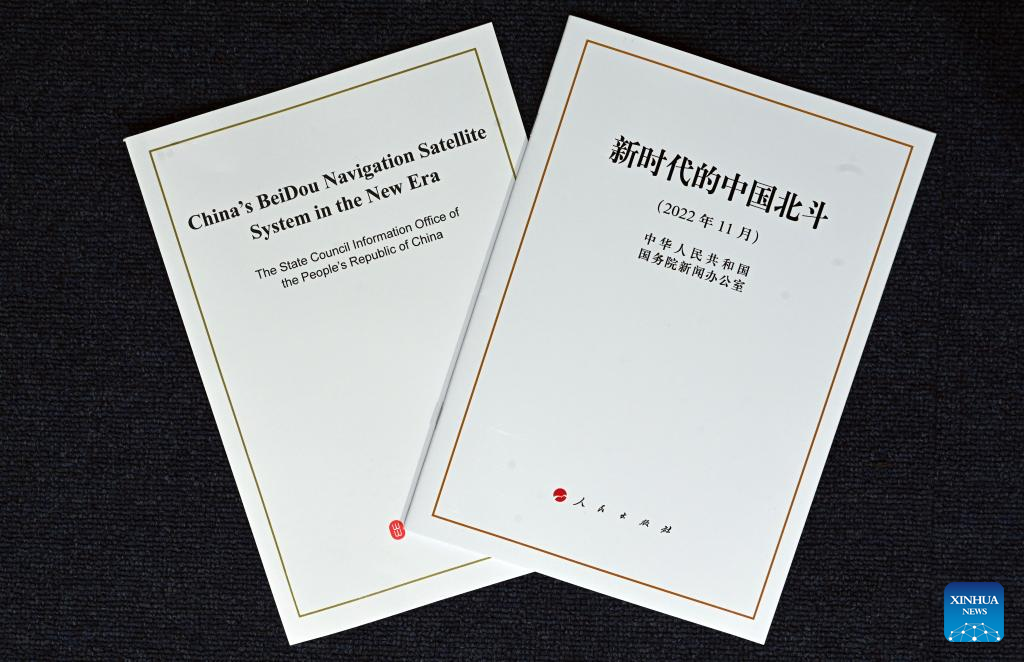
BEIJING, Nov. 4 (Xinhua) — China issued a white paper on the country’s BeiDou Navigation Satellite System (BDS) on Friday.
Titled “China’s BeiDou Navigation Satellite System in the New Era,” the white paper was published by the State Council Information Office of China.
It said BDS has been built into a world-class navigation system, noting China plans to refine the system by improving its operation management, promoting sustainable development of BDS-based applications, and upgrading its governance in the coming years.
The paper highlighted outstanding batch production capability, saying in less than three years, 18 rockets deployed 30 BDS satellites into orbit, “a pace unmatched by any other country.”
BDS is able to provide a wide range of services, such as positioning, navigation, timing, international search and rescue. It is the world’s first navigation satellite system to provide a global short message communication service, the paper noted.
In building a more powerful BDS, China will create its own smart and distinctive system for operation, maintenance and management, and gain a competitive edge in services such as short message communication, ground-based and satellite-based augmentation, and international search and rescue, said the white paper.
By steadily improving the quality and increasing the scope of services, BDS will build the capacity to provide global decimeter-level positioning and navigation with high integrity, thereby delivering better services to users worldwide.
China has established a set of platforms featuring BDS-3 services including international search and rescue, short message communication, satellite-based augmentation, and ground-based augmentation. It has also developed a series of basic products such as chips, modules and antennas, and realized 100-million-scale manufacturing of BDS products.
By developing standards and norms, intellectual property rights, testing and certification, and industrial assessment in a systematic manner, China has created a sound industrial ecosystem for BDS applications with all necessary factors and a strong innovation capacity, said the white paper.
China has released the first mobile phone in the world that supports the BDS regional short message communication service by incorporating a chip into a mobile phone. Users can send short messages through BeiDou short message civil platform without changing SIM cards or phone numbers, BDS spokesperson Ran Chengqi told a press conference on the release of the white paper.
Meanwhile, the white paper noted that the BDS is dedicated to the world and China will step up international cooperation for better compatibility and interoperability between the BDS and other navigation satellite systems.
The international cooperation and applications of BDS were based on the principles of openness, integration, coordination, compatibility, complementarity and sharing, said the white paper.
The cooperation between BDS and other global navigation systems, including GPS of the United States, Galileo of the European Union and GLONASS of Russia, has made excellent progress, said Ran.
The country continues to promote international cooperation and exchanges of BDS through measures such as strengthening cooperation mechanisms, increasing cooperation channels, and establishing cooperation platforms and windows, the white paper said.
Ran said that China has carried out bilateral and multilateral cooperations and exchanges with countries in Central Asia and Africa, and regional organizations such as the Association of Southeast Asian Nations and the League of Arab States.
A Chinese delegation recently attended the meeting of the International Committee on Global Navigation Satellite Systems, which was held in Abu Dhabi in the United Arab Emirates, and has received proposals from many countries and organizations for enhanced cooperation with BDS, Ran added.
The country is also making every effort to have BDS ratified by international standards organizations and standards organizations in the industrial and specialized application sectors, such as civil aviation, maritime, search and rescue, and mobile communication.
In conclusion, the white paper said China is committed to “building a comprehensive spatiotemporal system that is more extensive, more integrated and more intelligent on the next generation of the BDS.”
It pointed out that China is ready to share its achievements in developing the BDS, and will work with all countries to promote the development of navigation satellite systems and make an even greater contribution to building a global community of shared future and a better world.
China has explored its navigation satellite system in a three-step strategy.
The BDS-1 project got official approval in 1994 and was completed in 2000. The BDS-2 was completed in 2012.
The completion and official launch of the system in 2020 marks the success of the three-step strategy. China has become the third country in the world to independently own a global navigation satellite system. ■
